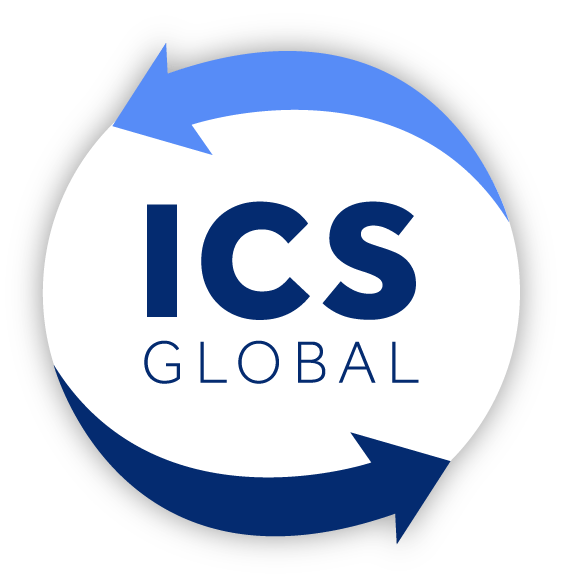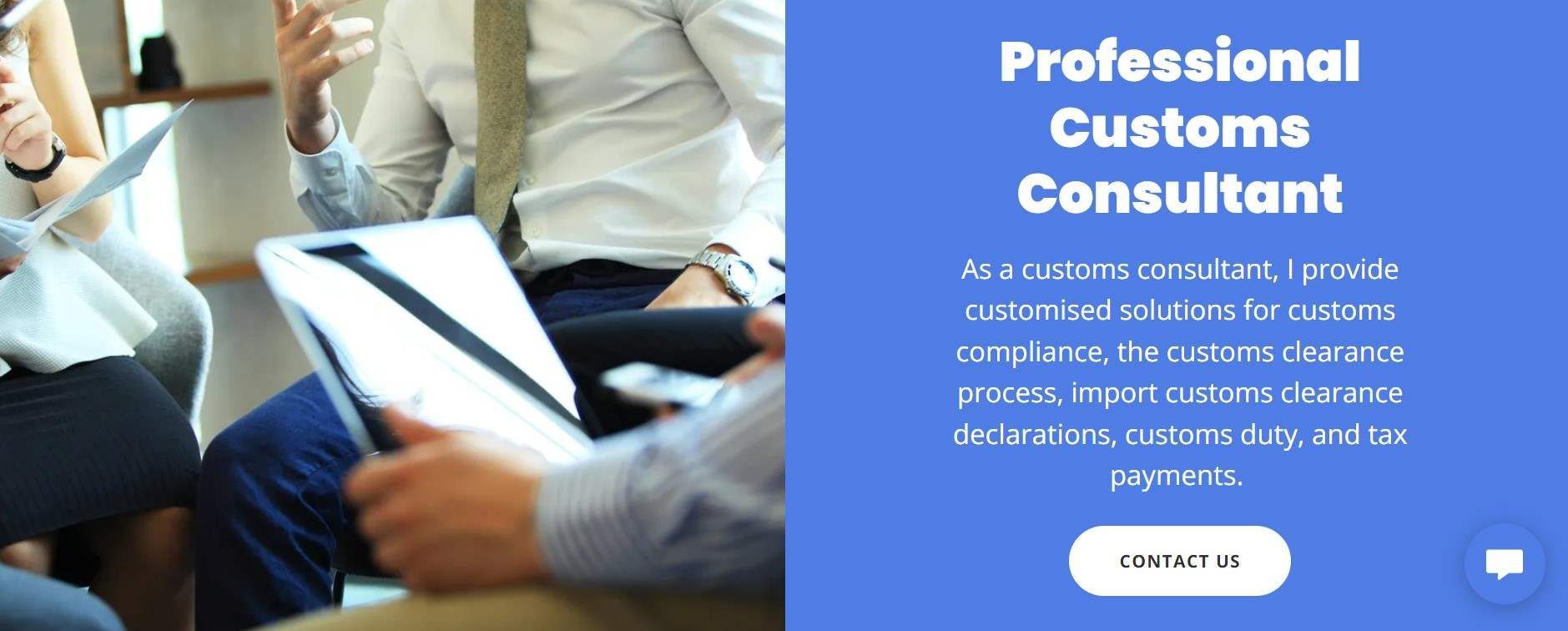Customs Consultancy Services
Making sense of complicated customs regulations can be time-consuming and very costly when businesses get it wrong. I provide professional and expert advice within the fields of customs compliance and product classification, while identifying opportunities to reduce customs duty and tax payments. As a consultant, I can identify strategies to effectively manage your customs clearances, ensuring full compliance with HMRC regulations and avoiding overpayments of duties and taxes.
What is the role of Customs?
A customs authority or agency is a government department responsible for controlling the flow of goods into and out of a country while collecting any customs duties, excise duties, or taxes payable on the goods. Customs also facilitate legitimate trade, enforce laws and tariffs, and protect consumer health and safety. Customs officers prevent attempts by smugglers and criminals to move illegal and dangerous goods into and out of a country.
The goal of customs globally is to simplify, harmonise and standardise procedures, documentation and operations relating to international trade transactions. For example, the European Union (EU) has harmonised customs law, duties and restrictions across all member states.
What is Customs Clearance?
In simple terms, the customs clearance process is the act of obtaining authorisation to move goods into or out of a country. Your international shipments must be cleared by customs authorities before they can move across a country’s border. During the process, the customs authorities will review the documentation for your shipment and may decide to inspect your goods to ensure compliance with trade regulations.
Based on your documentation and the goods being shipped, the customs agent or broker will ensure that the appropriate duties and taxes are declared, and the customs authorities will ensure these duties and taxes are collected.
Key Customs Clearance Steps
There are several key steps for successful customs clearance:
List of Services
-
DocumentationList Item 1
Your company must provide accurate commercial documentation to support the customs declaration or customs entry. Incorrect documentation can result in over or under payments of duties and taxes, delays at the port and inspections of your shipments by customs authorities.
-
Customs Clearance ServicesList Item 3
When declaring your goods for import and/or export, you can employ the services of a customs agent or broker to make declarations on your behalf. However, it is important that your company ensures that the person making the customs declaration or entry has been given clear and accurate information. In some countries it is mandatory that you use the services of a qualified customs broker to clear your goods.
-
Duty and Tax PaymentsList Item 4
During the customs clearance process, the appropriate taxes and duties will be calculated, and the method of payment will be agreed. The duty calculation will be based on the correct classification of your products for customs clearance in accordance with the harmonised system used worldwide.
-
Customs Clearance Process
The customs clearance process can take minutes or hours but can take days if there is something wrong with your shipment. In certain circumstances the customs authority may instigate an inspection of your goods. The reasons for an inspection may include incorrect documentation, monitoring requirements and incorrect quantities or valuations stated.
-
Customs Release
Once the customs authorities have authorised your customs declaration or entry and the payment of duties and taxes have been agreed. Your shipment will be released by the customs authorities for onward movement to its destination.
Duty and Tax Management Services
An important commercial consideration for businesses importing and exporting goods is their supply chain costs, which include duties and taxes. Importers and exporters do not always take full advantage of customs procedures that can reduce or eliminate duties and taxes altogether on their goods.
For example, a business importing their products from foreign markets covered by Preferential Trade Agreements can receive the products at reduced or nil rates of duty. Therefore, the business pays less for their products compared with sourcing them from a foreign market not covered by preferential trade agreements.
Depending on what you intend to do with your imported or exported goods, you may be able to reduce or eliminate duty and tax payments.
Customs Consultant Website
Companies and entrepreneurs looking for more information about our customs consulting services will find that our Customs Consultancy website provides greater information and guidance.
Customs Blogs & Case Studies
Read my customs blogs and case studies to see how I have worked side by side with clients to tackle different customs challenges. In each case, an appropriate solution was identified, developed, and implemented to manage customs compliance.
Get in touch for Customs Consultancy Services
I can provide further advice and guidance on all aspects of customs, including how to reduce your duty and tax payments. Please complete this form, and I will get back to you.


